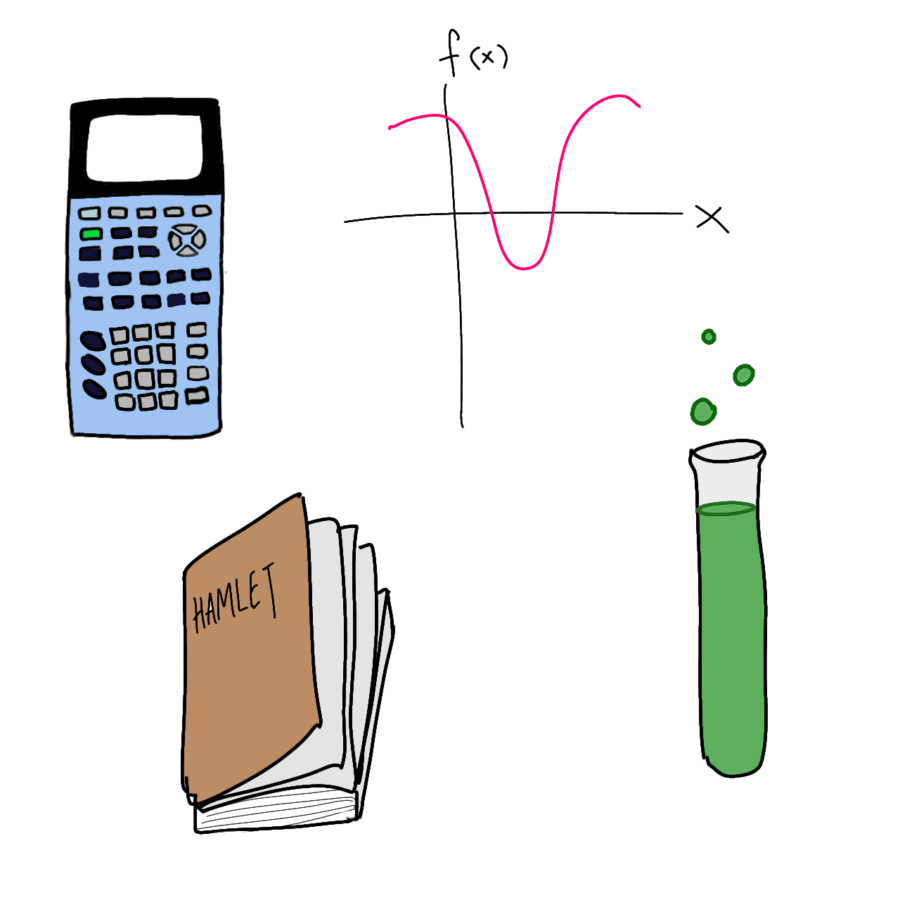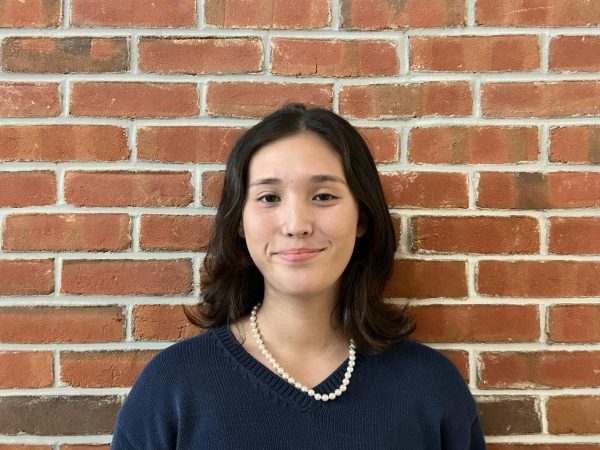How to survive the most difficult courses
October 20, 2022
With the quarter’s end approaching, many students are beginning to panic over their grades. From AP Calculus to IB Physics to Honors Spanish, some classes just seem too hard. It could be the confusing content or maybe the fast pace, but if you are feeling lost, you are not alone.
Many students are struggling with their difficult classes. However, with access to the right resources, success is possible.
RM offers various high-level courses in every subject. Some of the classes are well known, like AP World History and AP Literature, but some, such as Linear Algebra, AP Art History and IB Film, are often overlooked.
Students are often hesitant to enroll in advanced classes due to comments they hear from their friends and classmates.
“I got scared because I opened an AP study book [for AP Physics C] and it said ‘If you have not taken Physics 1 or 2, you should not be taking AP Physics C,’” junior Grace Wade said.
Regardless of the warnings, anyone can pass these difficult classes if they put forth the proper effort.
“I showed up to class and it’s been fine because you learn as you go. As long as you pay attention and ask questions, you’ll be okay,” Wade said.
Wade offered some tips on how she stays afloat in her hard classes.
“I kept getting C’s and even E’s on all our quizzes, but what I do is I go in and ask my teacher what I did wrong and learn how to do everything I’m confused about,” she said. “When our big test came around, I actually knew how to do everything.”
IB Calculus Applications teacher Jeffrey Sanders has a few strategies for students seeking to do well in tough courses.
“I recommend practicing by yourself with the practice problems teachers give out in class and then checking the key. Then, when you run into a challenge, focus on problems similar to it,” Mr. Sanders said.
Mr. Sanders emphasized that teachers do not know that students are stuck unless they communicate, and that the material will only keep adding up as time goes by.
“You can ask your teacher for help: come in during lunch, email them, use your resources. Also, make sure to bring questions to teachers early, don’t let them sit,” Mr. Sanders said.
The Homework Club, which meets in the Media Center Tuesday and Thursday afternoons from 2:40-4:15 p.m., is a great resource for students looking for support while studying.
“I work with the Homework Club once a week. We’re always happy to help people get ready for tests and things like that,” Mr. Sanders said.
In addition to the Homework Club, there is a plethora of honor societies and other clubs that offer tutoring such as the Math Honor Society (during lunch in Room 314), the Writing Lab (during lunch in Room 37) and the Science Honor Society (with Mr. Ashmead in room 341).
RM’s International Baccalaureate Programme contains some of the school’s best and most rigorous classes. Many students ask if IB or AP courses are harder, but there is no straight answer. They simply approach their coursework differently.
According to BeMo Academic Consulting, “the IB Programme focuses on building students’ reading, writing, and critical thinking skills,” while “AP courses focus on building students’ core competencies… and getting them ready to tackle college-level coursework.”
Any student questioning which is best for them should think about what they want to get out of the class and how they learn best.
Junior Grace Andrianjafitrimo, an IB Diploma Programme student, explained her experiences with IB History.
“IB History goes into subjects in depth… You really need to pay attention to not only the big picture but also the little details. For me, the best way to study is to read [the textbook] and take notes so I can review them throughout the day,” Andrianjafitrimo said.
High-level classes can be intimidating at first, but students say they teach valuable skills for the future. For example, learning how to study for cumulative AP and IB exams can help you students when it comes time for college finals. Even if you’re new to AP and IB classes, it is always good to step out of your comfort zone and experiment with something new.
Junior Liana Voritskul took her first AP class in sophomore year.
“I was a little nervous, but the class was easier than I expected. When I had problems with a topic I just asked my friends who were also in AP Computer Science Principles,” she said. “Overall, it was a good experience; I’m even taking another one this year,” Voritskul said.
This year, Voritskul is enrolled in AP Psychology.
“It’s really interesting and a challenge for me. To prepare for our tests, I have my little sister quiz me on the vocab terms so I can memorize everything,” she said.



